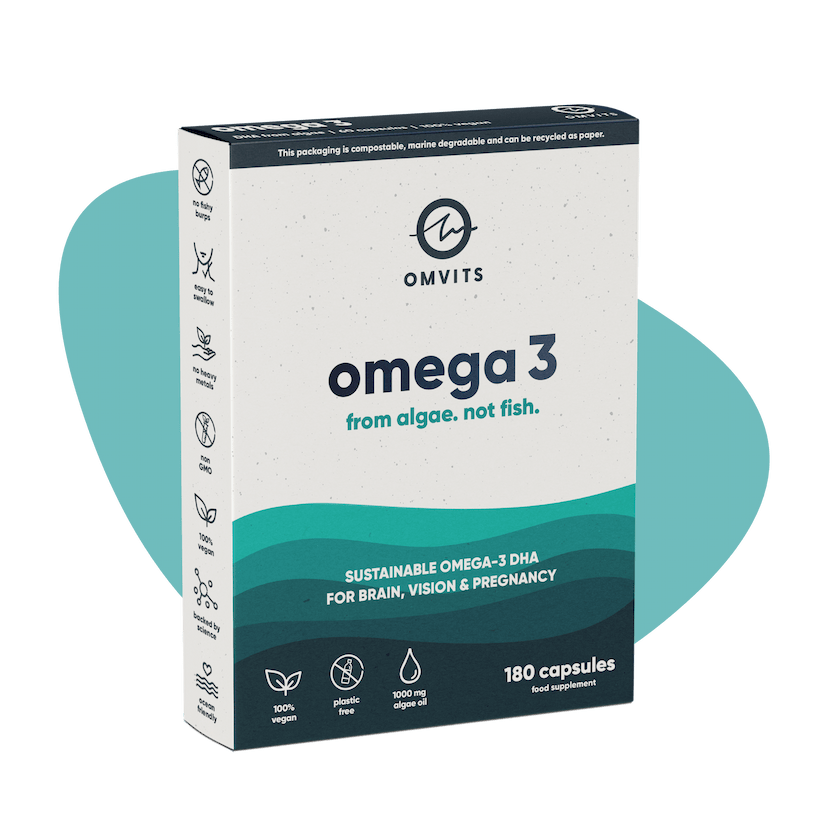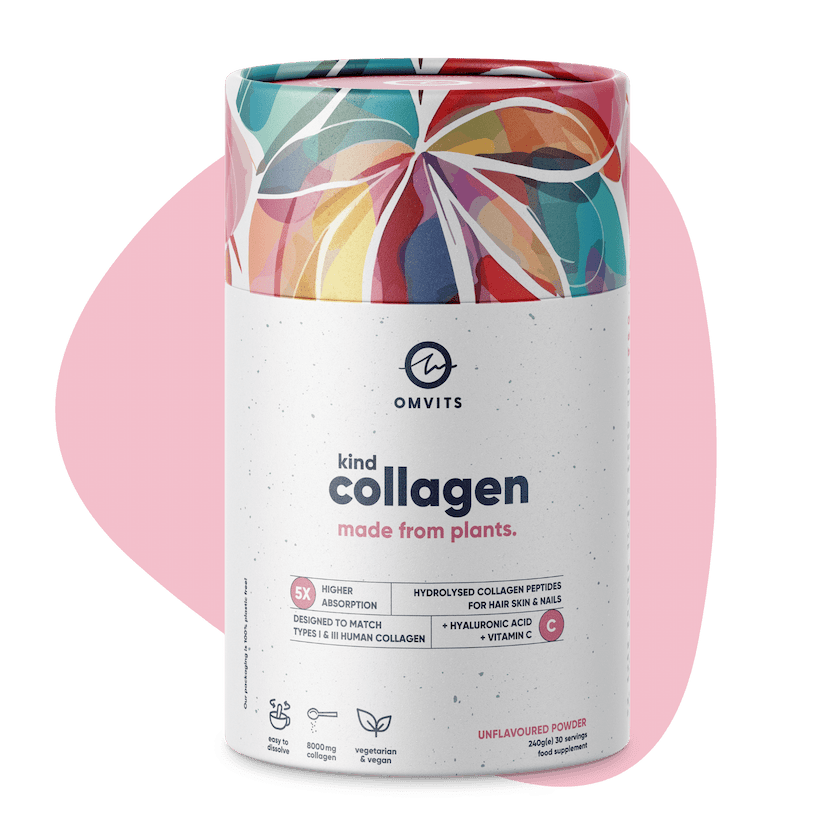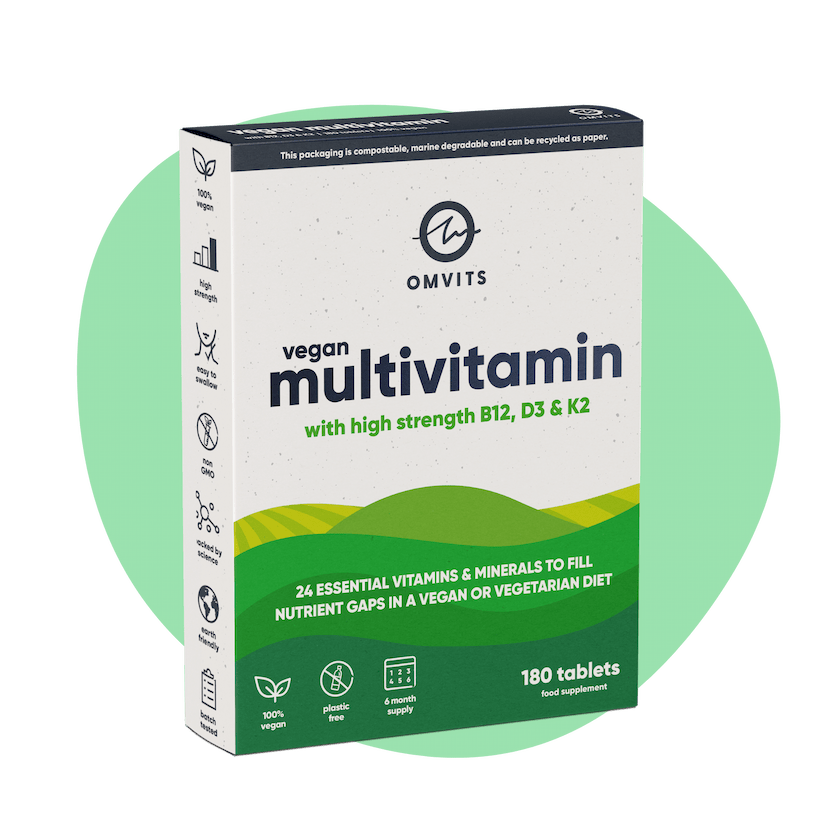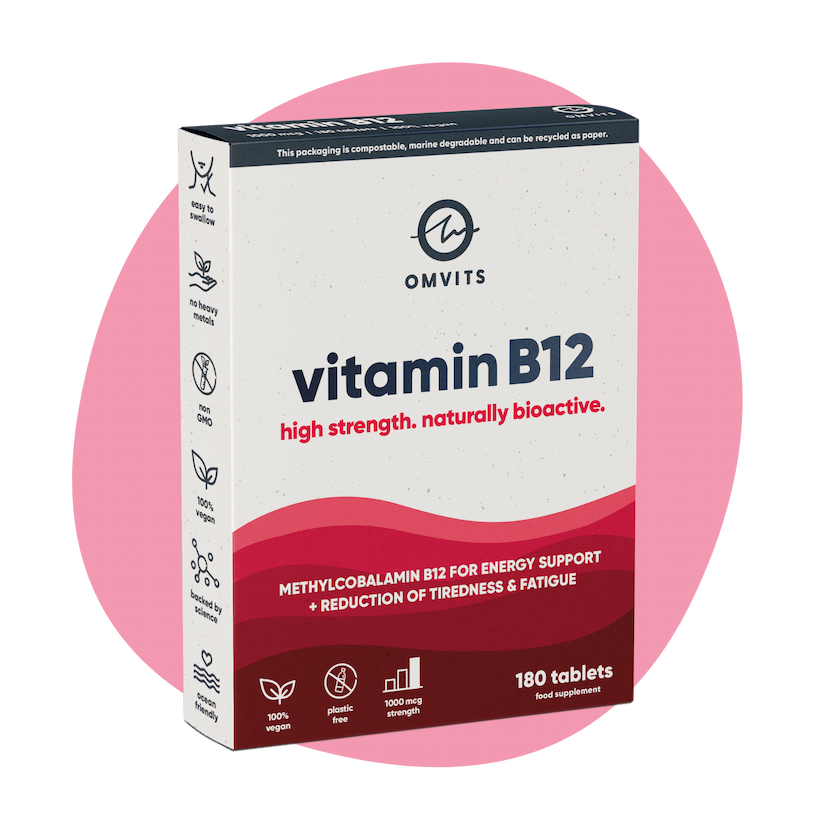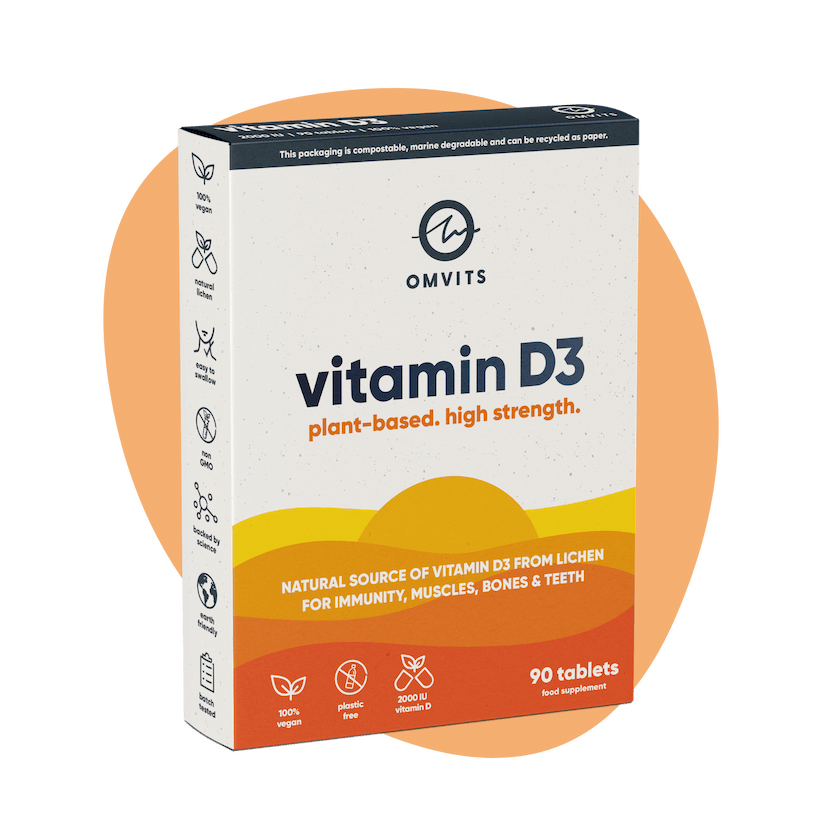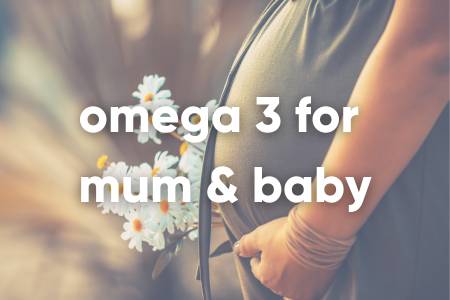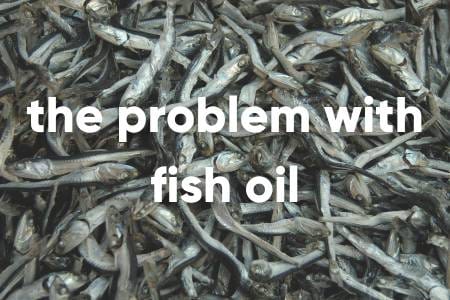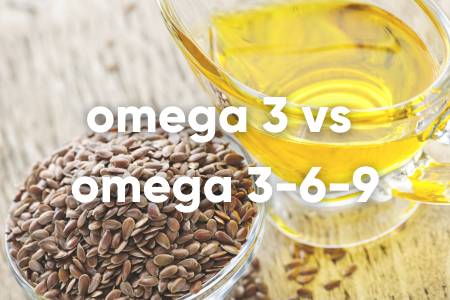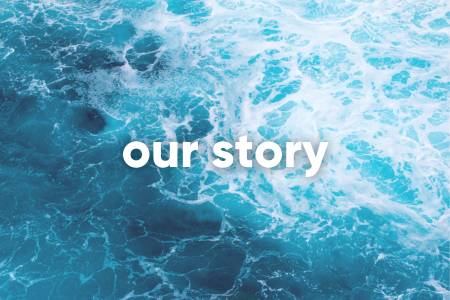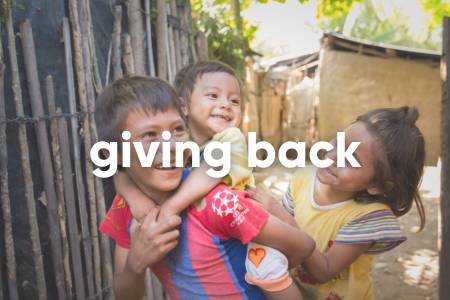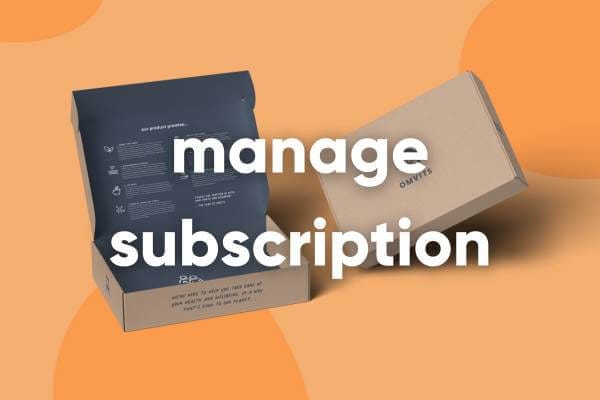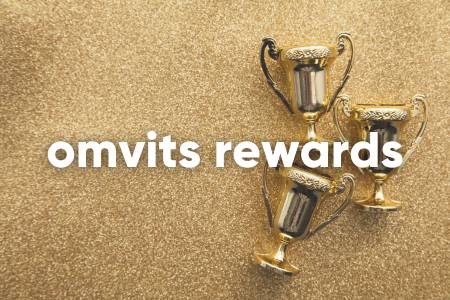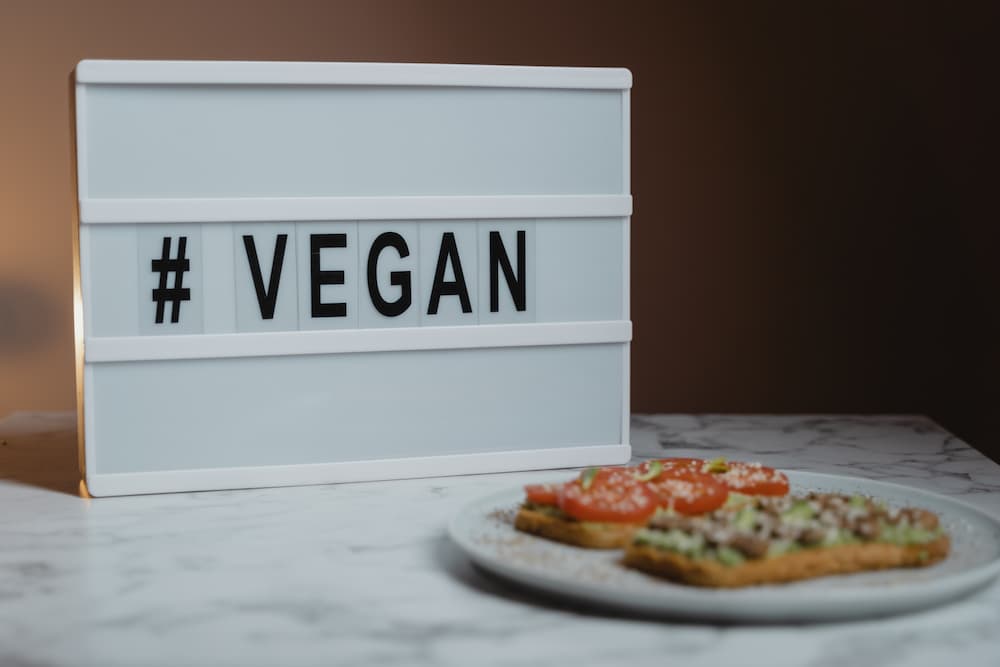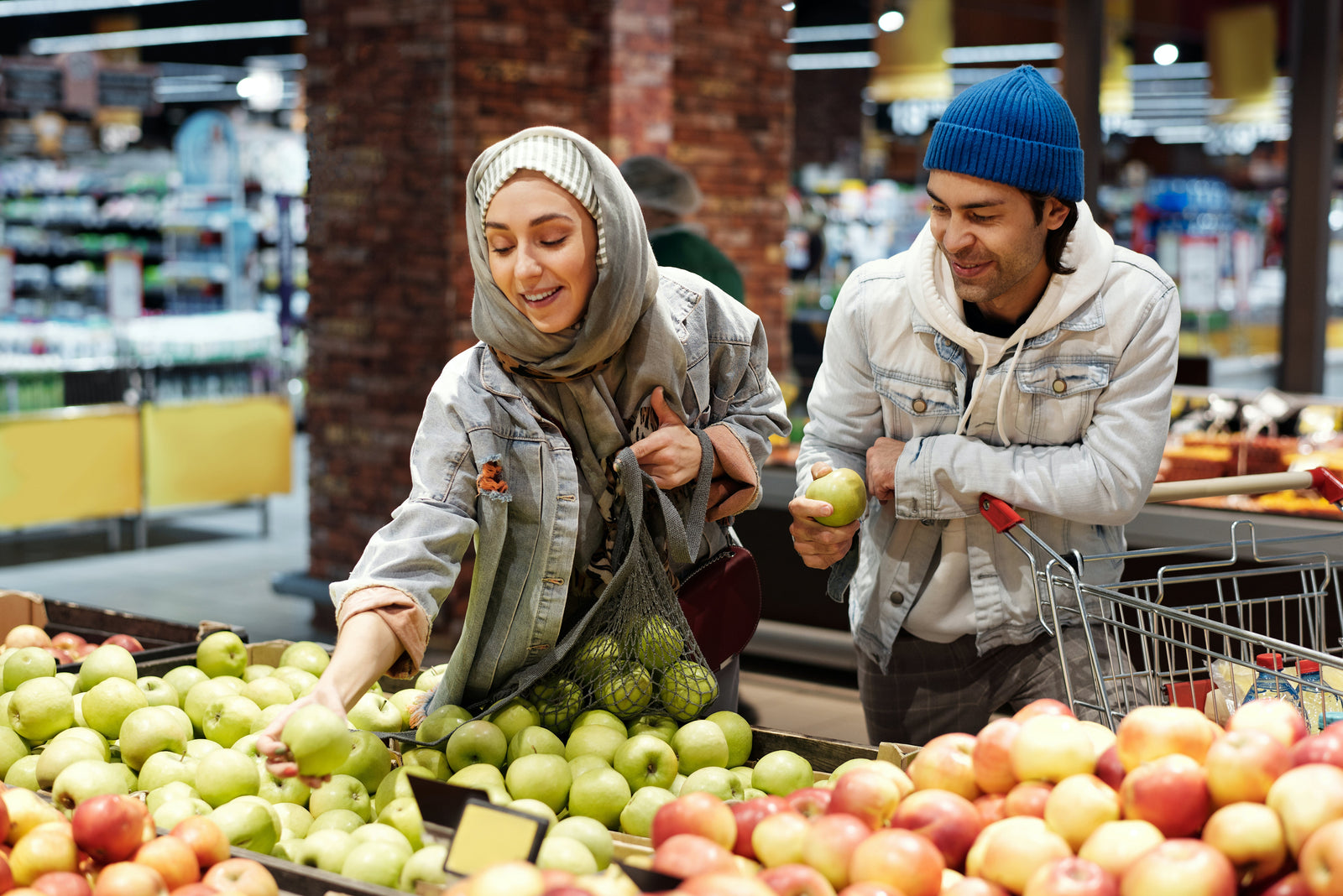FREE UK Delivery £25+
FREE UK Delivery £25+
Blog
about us
account
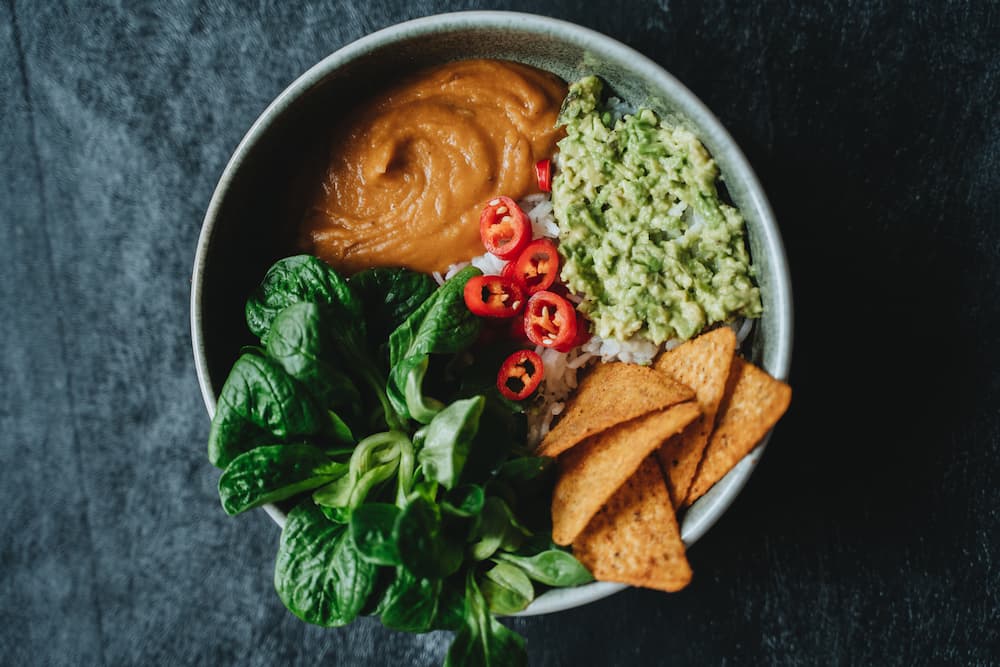
Simple Nutrition Advice For Veganuary And Beyond
January 11, 2022 5 min read
Vegan food isn't automatically the healthiest option. You could eat a dozen tasty flavours of vegan ice cream all day, and it would still be as unhealthy as the non-vegan options. Plants must be at the centre of our meals to achieve a healthy diet, but this does not mean we must forego joy or flavour.
If your diet isn’t properly planned, you may miss out on crucial nutrients like calcium, iron, and vitamin B12. However, with careful preparation and knowledge of what constitutes a healthy, well-balanced vegan diet, you may easily obtain all of the nutrients your body requires.
Here are our top nutrition tips for Veganuary and beyond.
Follow The Vegan Eatwell Guide
The Eatwell Guide visually represents how different foods and drinks can contribute to a healthy balanced diet. It is organised around the five food groups and outlines how much of your diet should come from each one.
The Vegan Society has created their own Vegan Eatwell Guide, which outlines how to balance the major food groups and make effective use of fortified foods and supplementation, including sustainability tips.
There is little mention of highly processed convenience foods because although many vegan goods come within this category, they are not required in a well-balanced vegan diet. Find the Vegan Eatwell Guide here.
Track Your Progress
VNutrition is for you if you are new to veganism or if you want help evaluating the quality of your long-term vegan diet.
You are encouraged to keep a food diary via the app. You don't have to do this every day, but it's a good idea to keep track of your nutritional consumption for at least three days. You can keep track of your meals and drinks throughout the day to ensure that your food diary appropriately reflects your intake.
Spend a few minutes at the end of the day going over the nine questions on the checklist. You mark it off if you've met your nutritional goals. Don't worry if you don't get all of the boxes checked right immediately. This app will show you some simple strategies to eat properly and urge you to increase your nutritious food intake.
Vegan Sources of Vitamin B12
The body requires vitamin B12 in order to maintain healthy blood and a healthy neural system. This vitamin is involved in the production of red blood cells and is also necessary for the proper functioning and development of the brain and nerve cells, so it's not something you want to be lacking in.
This is the one vitamin that is difficult to come by on a vegan diet. It's found in animal products, but it's produced by bacteria within the animals, not by the animals themselves.
Vegans can get B12 via yeast extract, nutritional yeast (called nooch), breakfast cereals, and fortified plant-based milks. However, because vegan sources are limited, it is recommended that anyone following a vegan diet take a vitamin supplement to ensure they are getting enough of this crucial vitamin.
If you’re looking to begin taking a Vitamin B12 supplement then check out our easy-to-swallow tablets, trusted by thousands of happy Omvits customers, that deliver a safe dose of pure, high-quality and bioavailable B12. Giving your body the best chance of optimal absorption and retention.
Vegan Sources of Omega-3
Our bodies can generate almost all of the fats we require for healthy tissue function, but there are two that we must obtain from diet, and these are known as essential fatty acids.
When eaten as part of a healthy diet, omega-3 fatty acids can help maintain a healthy heart and lower the risk of heart disease.
Leafy green vegetables, seeds, nuts, cereals, and most vegetable oils are high in omega-6. On a balanced vegan diet, it's quite easy to get enough omega-6; however, this fat competes with omega-3 for usage in the body, so we need to make sure we receive enough omega-3 every day.
Leafy green vegetables (Brussels sprouts, kale, spinach), walnuts, rapeseed oil, ground flaxseed and flaxseed oil, soya beans, and tofu are among the best sources of Omega-3 ALA; hence a plant-based diet is usually high in it. Unfortunately, these meals don't have a lot of EPA and DHA in them. Oily fish and other types of seafood contain the most EPA and DHA.
Although your body can convert ALA to EPA and DHA, research has shown that this process is limited and that vegans and vegetarians may have lower EPA and DHA levels than people who eat an omnivorous diet. (1)
We believe that taking a micro-algae supplement rather than eating fish oils is the best way to up your Omega-3 levels. By going straight to the source we can create a healthy, plant-based Omega-3 fatty acids supplement with minimal environmental impact.
Vegan Sources of Calcium
Although you've been told all your life to drink your milk to get your calcium, you don't actually have to get it from milk. You can eat plenty of beans and greens, such as black turtle beans, kidney beans, soya beans, kale, watercress, okra, and broccoli, which are high in calcium. Calcium can also be found in sweet potatoes, butternut squash, and tofu, as well as dried figs and almonds. It's commonly added to plant milks, including milkshakes, and yoghurts.
Vitamin D aids calcium absorption, and many people, regardless of diet, are deficient in this essential vitamin throughout the winter months. Spend as much time as possible outside in the sun, and look for dairy-free margarines, breakfast cereals, and breads fortified with it. Everyone in the UK should take a vitamin D supplement during the winter months.
Vegan Sources of Iron
Although iron deficiency anaemia is not uncommon, research suggests that vegetarians and vegans are no more at risk than meat-eaters. (2)
Start your day with oats or a cereal that has already been fortified with them. If you add some seeds and dried fruit on the top, you might just have met your daily need before you leave the house! Edamame beans, lentils, chickpeas and beans, tofu, tempeh, quinoa, blackstrap molasses, watercress, kale, and other dark green leafy vegetables, nuts, sesame seeds, and dark chocolate are all excellent sources of iron.
To summarise, a well-balanced, nutritious vegan diet can meet your nutritional needs, although certain requirements, such as Vitamin B12, Vitamin D, and Omega-3, may be difficult to meet just through diet.
Supplements are an excellent way to support your diet and ensure healthy physical function and performance.
If you're interested in taking supplements or trying a new brand, then try us out, we’re Omvits! We’re plant-based, ocean-friendly, with a sustainable ethos and we’re socially responsible… We’re not perfect, but we are trusted by thousands of happy customers around the world.
References:
(1) https://www.ncbi.nlm.nih.gov/pmc/articles/PMC5705809/
(2) https://www.mja.com.au/journal/2013/199/4/iron-and-vegetarian-diets
Leave a comment
Comments will be approved before showing up.
Also in The Omvits Blog

The Power of Running: How a 200 Mile Run to Wales Became a Meaningful Journey for a Great Cause
May 03, 2023 3 min read
We interviewed Andrew Thomas, who was preparing for a 200-mile marathon from London to Wales to raise funds for Maggie's Cancer. Read the article to know more about his adventure!
Subscribe
Sign up to get the latest on sales, new releases and more …
Recent Articles
-
The Power of Running: How a 200 Mile Run to Wales Became a Meaningful Journey for a Great Cause
May 03, 2023
-
Sneaky Ingredients To Watch Out For If You're Vegan
January 11, 2022
-
How To Do Veganuary If You’re On A Super Tight Budget
January 11, 2022
-
How To Satisfy Meat & Fish Cravings During Veganuary
January 11, 2022
-
Common Pitfalls Of Veganuary And How To Avoid Them
January 11, 2022
-
Simple Nutrition Advice For Veganuary And Beyond
January 11, 2022
-
Best Vegan Meat Alternatives To Try This Veganuary
January 11, 2022
-
5 Ocean Friendly Clothing Brands To Check Out This Month
June 21, 2021
-
12 Incredible Ocean Conservationists To Support This June
June 16, 2021
-
How To Do Something For World Ocean Day If You Can't Get To A Beach
June 08, 2021

